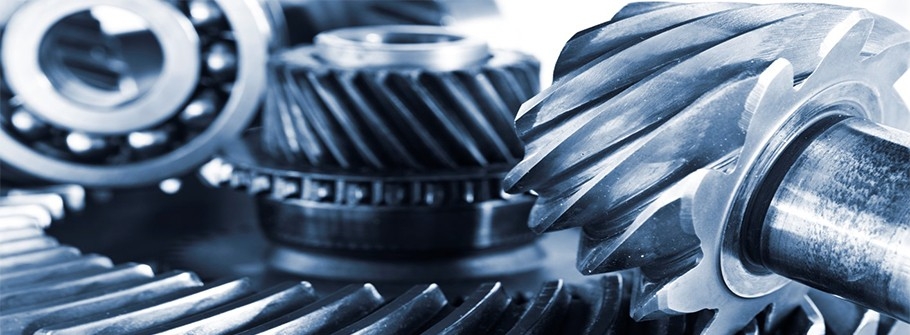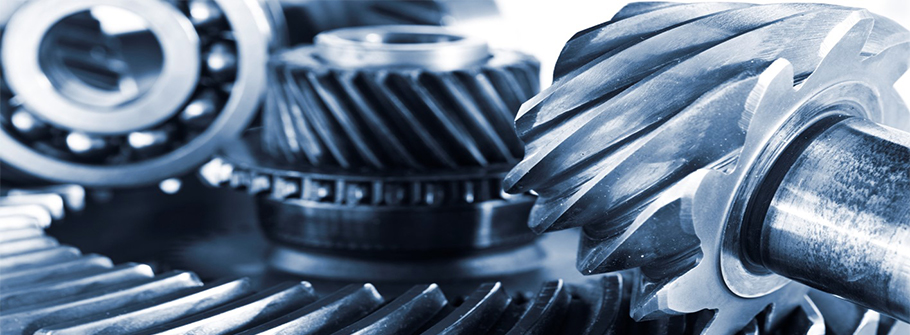Micro-Pitting causes macro problems in industrial gears – Here’s how to prevent it


Industrial gears are susceptible to micro-pitting, which if left unchecked can lead to gear damage and catastrophic equipment failure. If you look at the face of a gear tooth, you might see what looks like gray staining along the lower part of an otherwise shiny tooth. That’s a cluster of micro-pitting. Unless it’s mitigated, micro-pitting will eventually lead to macro-pitting – meaning visible chipping of the tooth – and a loss of the tooth profile.
If you look at a gear tooth from a side angle, you’ll see it has a slight arch called a “convolute curve.” That allows for a little bit of rolling as the teeth mesh with each other, which aids in lubrication to prevent wear and increase efficiency. If the tooth profile is distorted due to micro-pitting and wear, it will reduce efficiency of the gear and lead to gear -tooth breakage.
Another concern involves the bearings of the gear box. The leading cause of gear failure is seal failure, which can then lead to bearing failure, and ultimately to failure of the gear set. Along with protecting the gear teeth, it is also critical to protect the bearings.
Chevron’s Meropa® XL industrial gear oil is designed to minimize these problems. It recently earned approval under the latest Siemens Flender gear lubricant testing (revision 15). The Siemens Flender test is a bench test that subjects gear oils to high-stress situations, comparable to gear boxes in wind turbines rotating at very high torque, where extreme pressure creates a high risk of micro-pitting and bearing failure. Comparative data from the testing shows Meropa XL exhibited excellent wear protection with exceptional performance over the initial ten-stage test process and continued that performance in the ensuing endurance testing portion. We are now bringing this product to market with very high confidence backed by good test data.
This year, we also plan to launch Meropa Synthetic XL, which will offer good low-temperature performance as well as resistance to oxidation at higher temperatures. This product is currently undergoing field testing.
Both of these gear oil families will have the ISOCLEAN® Certified Lubricants option, having undergone a rigorous process check to meet OEM cleanliness standards. In addition to industry-standard testing, our product development process includes our own stringent testing. With industrial gears commonly operating at 1000F above ambient temperature or more, gear oils require good oxidation stability. These products also offer good demulsifying properties to mitigate water contamination.
It pays to compare industrial gear oils and, more importantly, to be sure you’re taking the proper measures to prevent microscopic issues from turning into big, glaring problems down the road.
04/13/2017




























